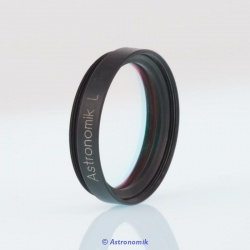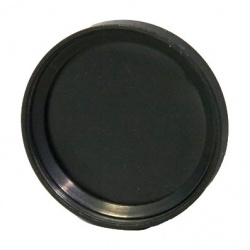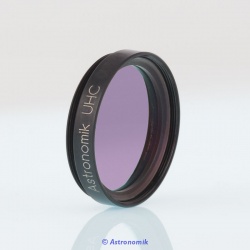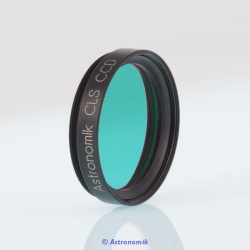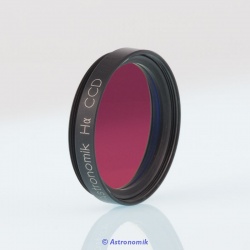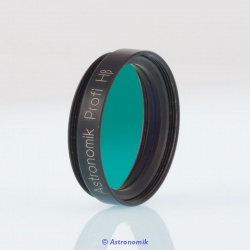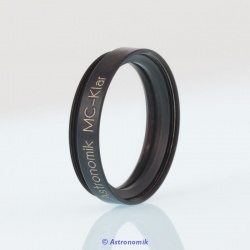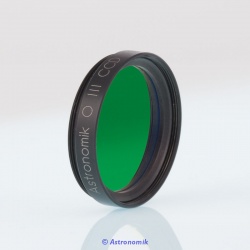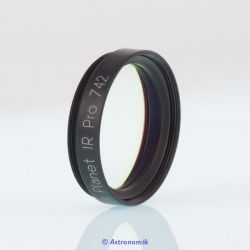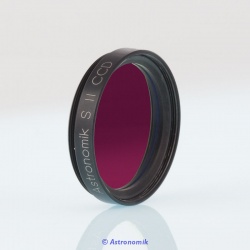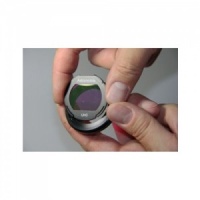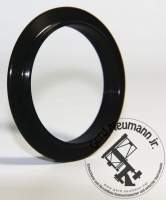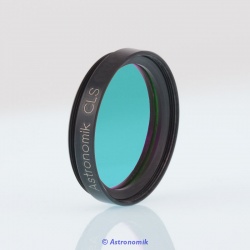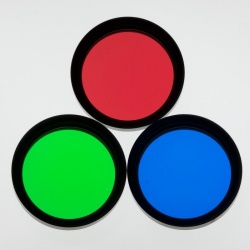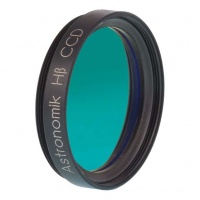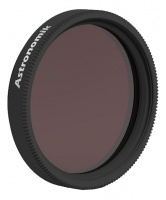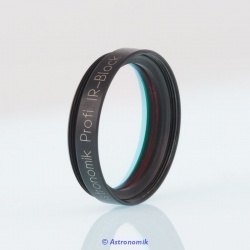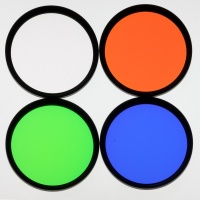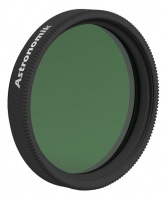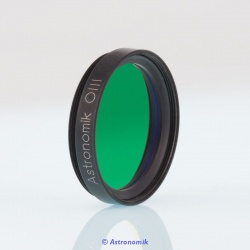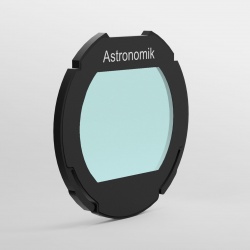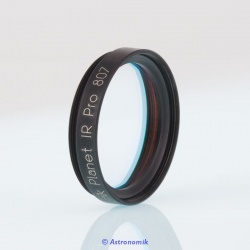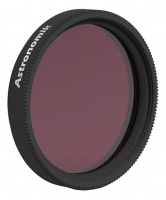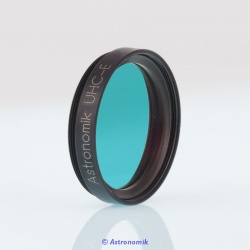Astronomik
The different spectral window of each new Luminance filters is designed to tune your setup to get the sharpest image from any optical design and any camera.
A dark filter making the aquisition of dark-calibration frames a breeze!
You will enjoy using your Astronomik UHC filter because you will see more stars and more details in deep-sky-objects compared to using filters from all other manufacturers.
The filter enhances the contrast between all deep-sky objects and the background.
This H-alpha Filter is suitable for imaging of Hydrogen nebulas from observation sites with light pollution and from dark sites as well.
The Astronomik H-beta is a filter for visual observation, in particular with instruments of larger aperture.
This Multicoated (MC) glass serves as dust protector or to keep your system parfocal with other Astronomik filters.
This Astronomik OIII-CCD Filter is suitable for imaging of OIII nebulas from observation sites with light pollution and from dark sites as well.
The Astronomik ProPlanet 642 BP is the latest addition to the family of Astronomik ProPlanet IR-pass filters.
The SII filters completes your HSO-set of filters. With these three filters you are able to process your images like the ones from the Hubble space telescope!
Use your Astronomik EOS Clip-Filter with all your eyepieces or even with a cooled CCD camera!
The Astronomik CLS blocks the light of the spectral lines of mercury and sodium-vapor lamps and lets the largest part of the visible light and H-alpha emissions pass.
The new Deep-Sky RGB filters are designed for maximum deep sky imaging performance with CCD cameras.
Put this filter in front of your camera and you will get rid of all problems caused by IR like bright halos around all objects and a very soft overall image.
Our filter set especially designed for astrophotography with CCD cameras, providing a natural color reproduction of planets, stars, emission- and reflection nebulas.
From the start, the Astronomik OIII filter has been very specifically designed for the visual observation of gaseous and planetary nebulae.
Enables converted DSLR cameras (without inbuilt IR-filter) in order to be used for 'terrestrial' photography.
Ideal filters for the reception of the moon and planets, notably Mars, with telescopes from 6" (150mm) aperture.
The effects of seeing are distinctly reduced. It is your entry into previously unknown dimensions of photography of the moon and the planets.
The UHC-E filter is for deep-sky observation of emission nebulae and comets under light polluted skies, particularly suitable for small ’scopes.

